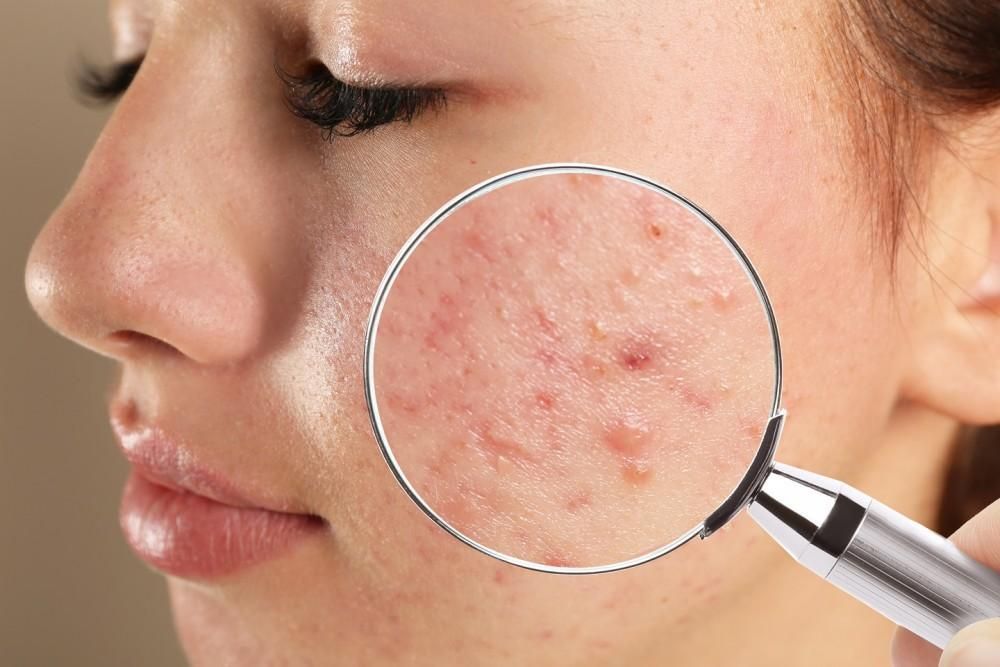Acne is often thought of as a teenage rite of passage, but the reality is that adults can also suffer from this common skin condition. Whether you’re in your 20s, 30s, 40s, or beyond, dealing with acne as an adult can be frustrating and embarrassing. Luckily, there are a variety of treatment options and prevention strategies that can help you manage and reduce breakouts. In this article, we’ll explore some of the most effective ways to navigate acne as an adult.
Understanding Adult Acne
While acne is most commonly associated with adolescence, it can affect people of all ages. Adult acne is often characterized by breakouts on the face, neck, chest, and back. These breakouts can manifest as whiteheads, blackheads, pustules, or cysts. The causes of adult acne are similar to those of teenage acne and can include hormonal fluctuations, genetics, stress, and lifestyle factors.
Treatment Options
When it comes to treating adult acne, there are several options available. Over-the-counter treatments, such as benzoyl peroxide or salicylic acid creams, can be effective for mild to moderate acne. For more severe cases, prescription medications like topical retinoids, oral antibiotics, or hormonal treatments may be necessary. In some cases, dermatologists may recommend procedures like chemical peels, laser therapy, or microdermabrasion to target stubborn acne.
Topical Treatments
Topical treatments are often the first line of defense against adult acne. Benzoyl peroxide and salicylic acid are common ingredients found in over-the-counter creams and gels that can help unclog pores and reduce inflammation. Prescription topical retinoids, such as tretinoin or adapalene, can also help to exfoliate the skin and promote cell turnover, reducing the risk of breakouts.
Oral Medications
In some cases, dermatologists may prescribe oral medications to treat adult acne. Oral antibiotics like doxycycline or minocycline can help to reduce inflammation and kill acne-causing bacteria. Hormonal treatments, such as birth control pills or spironolactone, can be effective for women whose acne is linked to hormonal imbalances.
In-Office Procedures
For severe or stubborn cases of adult acne, dermatologists may recommend in-office procedures to target breakouts. Chemical peels can help to exfoliate the skin and unclog pores, while laser therapy can target acne-causing bacteria and reduce inflammation. Microdermabrasion is another option that can help to remove dead skin cells and improve overall skin texture.
Prevention Strategies
While treating existing breakouts is important, prevention is key when it comes to managing adult acne. There are several strategies that you can incorporate into your daily routine to help prevent future breakouts and improve the overall health of your skin.
Skincare Routine
Establishing a consistent skincare routine is essential for preventing adult acne. Use a gentle cleanser to wash your face twice a day, and be sure to remove makeup before bed. Moisturize with a non-comedogenic lotion to keep your skin hydrated without clogging pores. Exfoliate regularly to remove dead skin cells and prevent clogged pores.
Diet and Lifestyle Changes
Some studies suggest that certain diet and lifestyle factors can contribute to adult acne. To help prevent breakouts, try to eat a balanced diet rich in fruits, vegetables, whole grains, and lean proteins. Limit intake of sugary and processed foods, as these can trigger inflammation and exacerbate acne. Manage stress through relaxation techniques like yoga, meditation, or deep breathing exercises.
Consult with a Dermatologist
If you’re struggling to manage adult acne on your own, don’t hesitate to seek help from a dermatologist. A skincare professional can assess your skin type and recommend personalized treatment options to target your specific concerns. They can also provide guidance on how to prevent future breakouts and improve the overall health of your skin.
Conclusion
Dealing with adult acne can be challenging, but with the right treatment options and prevention strategies, you can effectively manage breakouts and achieve clearer, healthier skin. Whether you choose topical treatments, oral medications, in-office procedures, or a combination of these approaches, it’s important to prioritize skincare and self-care to maintain a clear complexion. By understanding the causes of adult acne and implementing proactive measures, you can navigate this common skin condition with confidence.
